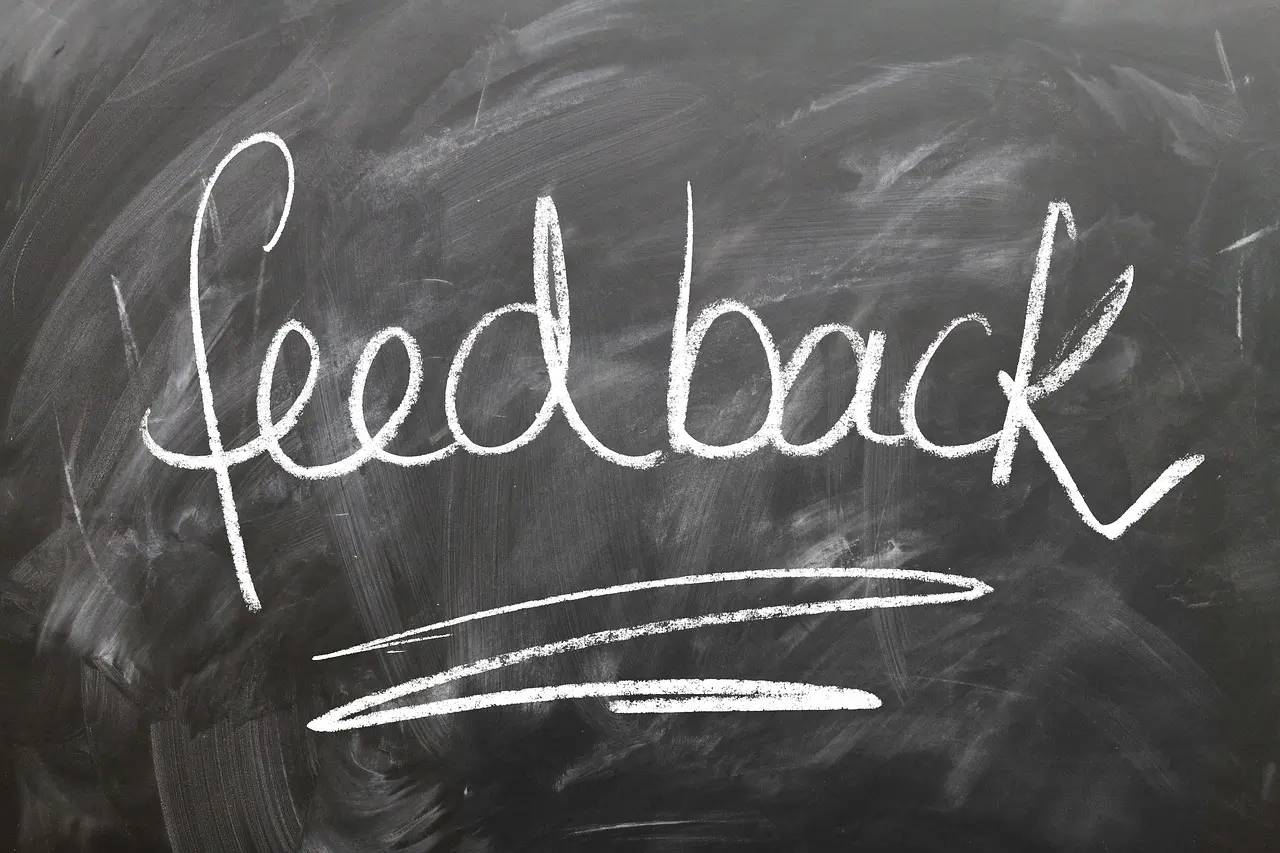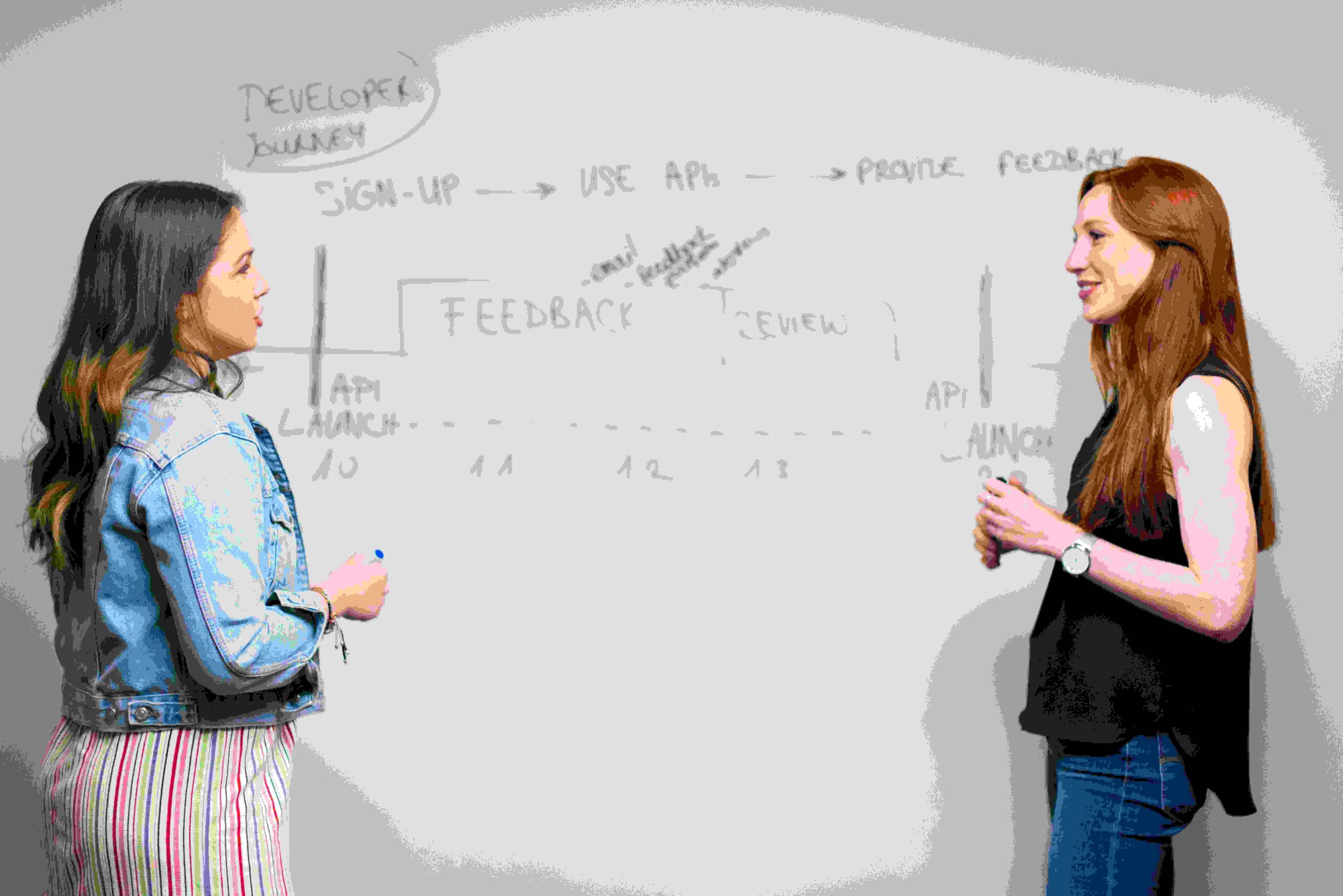Receiving feedback effectively is a critical skill that can significantly influence personal and professional development. Whether it’s formal feedback during performance reviews or informal comments from colleagues, how we respond to feedback can affect our growth trajectory, workplace relationships, and overall job satisfaction. This article explores the importance of feedback, effective strategies for receiving it, and how to leverage it for continuous improvement and success.
The Importance of Feedback
Feedback acts as a vital communication tool that fosters growth and development. According to a study published in the Harvard Business Review, effective feedback can lead to a 23% increase in performance among employees when it is perceived as constructive and actionable.
Why Feedback Matters:
- Enhances Self-Awareness: Constructive feedback helps individuals gain insights into their strengths and areas for improvement. For example, an employee who receives positive feedback on their teamwork skills may realize they excel in collaboration but need to work on assertiveness.
- Promotes Continuous Improvement: Regular feedback creates an environment where individuals are encouraged to grow and develop. In a 2020 survey by Gallup, 26% of employees reported that they had improved their performance after receiving constructive feedback, highlighting its potential impact on productivity.
- Fosters a Culture of Trust: When feedback is shared openly, it promotes trust and transparency within teams. Employees are more likely to share ideas and collaborate effectively in a feedback-rich culture.
Strategies for Receiving Feedback Effectively
To maximize the benefits of feedback, individuals can adopt several effective strategies:
1. Cultivate a Growth Mindset
A growth mindset, as coined by psychologist Carol Dweck, emphasizes the belief that abilities and intelligence can be developed. When receiving feedback, individuals with a growth mindset view it as a learning opportunity rather than criticism.
Example: An employee who receives feedback about needing to enhance their leadership skills might see this as a chance to enroll in a leadership development program rather than viewing it as a failure.
2. Practice Active Listening
Active listening involves fully concentrating on what the speaker is saying, ensuring that their message is understood. This is crucial when receiving feedback.
Example: During a performance review, an employee can demonstrate active listening by nodding and paraphrasing what their manager says, such as, “I understand you feel that my project timelines have been delayed. Can you elaborate on specific instances?”
Active listening not only clarifies the feedback but also shows respect to the giver, fostering a more open dialogue.
3. Manage Emotional Responses
Receiving feedback, especially if it’s critical, can elicit strong emotional reactions. Developing emotional intelligence can help individuals regulate these emotions.
Example: If feedback feels overwhelming, an employee might practice deep breathing exercises before responding. Instead of reacting defensively to comments about their work habits, they could say, “Thank you for your input. I’ll take some time to reflect on this.”
4. Seek Specific Examples
Vague feedback can be frustrating and unhelpful. Asking for specific examples helps clarify the feedback and make it actionable.
Example: If a colleague states, “Your presentations could use improvement,” an effective response could be, “Could you share specific aspects of my presentation that could be enhanced?” This allows for targeted improvements rather than generalizations.
5. Express Appreciation
Gratitude plays a significant role in the feedback process. Acknowledging feedback, even if it’s hard to hear, fosters a culture of openness.
Example: After receiving feedback about their customer service skills, an employee might say, “I appreciate your honesty. I’ll take your suggestions into account as I strive to improve my interactions with clients.”
Leveraging Feedback for Growth
After receiving feedback, the next step is to turn insights into action. Here’s how to leverage feedback effectively:
1. Reflect on the Feedback
Taking time to reflect on the feedback received can deepen understanding. Employees can journal their thoughts, noting key takeaways and emotional responses to the feedback.
Example: An employee who learns they need to improve their written communication skills might write about specific instances where feedback highlighted confusion in their emails, allowing them to pinpoint areas for change.
2. Create an Action Plan
Developing an action plan transforms feedback into tangible steps for improvement. This plan should include clear goals and timelines.
Example: If feedback indicates the need for better project management skills, an employee’s action plan could involve taking an online course on project management tools, attending workshops, and scheduling weekly check-ins with a mentor.
3. Seek Ongoing Feedback
Continuous improvement requires ongoing feedback. Encouraging colleagues and supervisors to provide regular check-ins can help track progress.
Example: After implementing changes based on initial feedback, an employee might request follow-up feedback by saying, “I’ve adjusted my presentation style based on your input. I’d love to hear your thoughts on the changes during our next meeting.”
4. Celebrate Small Wins
Acknowledging and celebrating improvements reinforces positive behavior and motivation. Sharing successes with peers encourages a positive feedback culture.
Example: An employee who has successfully implemented feedback on their customer service skills might share a recent positive customer review with their team, highlighting the positive impact of feedback.
Receiving feedback effectively is an essential skill that drives personal and professional growth. By cultivating a growth mindset, practicing active listening, managing emotional responses, seeking clarity, and leveraging feedback for improvement, individuals can transform feedback into a powerful tool for development.
Fostering a feedback-rich environment benefits not only individual employees but also enhances collaboration and innovation within teams. As organizations increasingly value feedback, those who master the art of receiving it effectively will be better equipped for success in their careers.



